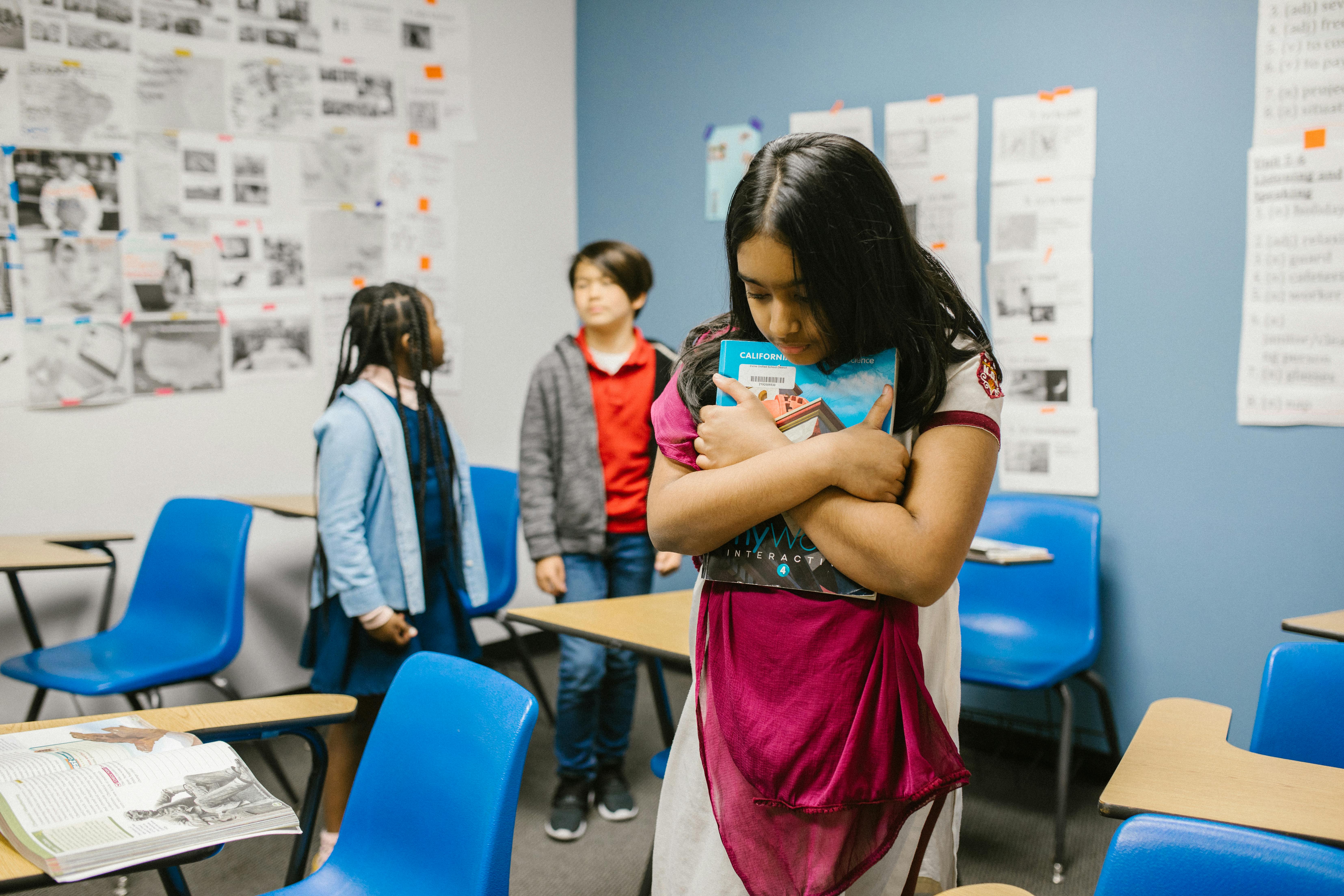Teaching With Music: 5 Tips for Using it With Any Subject
Tips for teaching with music as a helpful learning tool regardless of the subject from school social worker Sherena Small

Tools and ideas to transform education. Sign up below.
You are now subscribed
Your newsletter sign-up was successful
Teaching with music can enhance learning in almost any subject area, says Sherena Small, a school social worker at Champaign Unit 4 School District in Illinois.
“It's just such a good way to enhance what kids are learning,” says Small, who uses hip-hop and other music to teach social-emotional learning skills, including empathy and active listening. Earlier this year, Nearpod recognized Small as an Educator of the Year for her innovative efforts using Nearpod’s Flocabulary tool to incorporate music into class.
Small enjoys coming up with lyrics related to school topics with her students, but she says you don’t have to be musically inclined to reap the benefits of teaching with music. “Literally anybody can incorporate music into learning,” she says.
Here are her tips for doing just that.
1. Teaching With Music: Find Existing Musical Lessons

“The songs don't necessarily even have to be amazing or great,” Small says, adding that there are lots of silly songs and videos on various topics teachers cover that can work, even if they’re not going to win any awards.
“I found a video about teaching kids the difference between right angles and acute angles,” she says. “If you just play it every day during the unit for your class, I can almost guarantee you, they're gonna remember what a right angle is by the end of the week because it's going to get stuck in their heads.”
2. Use Music To Signal Activity Transitions
Another effective use for music is to play the same or similar songs to transition different periods of class, whether that’s independent study time or something else.
Tools and ideas to transform education. Sign up below.
“When you hear the same music, and it's associated with a certain activity, your brain automatically picks up on that,” Small says. Playing calming music during independent study can also help focus students and be good for their mindfulness. For this purpose, Small recommends low-tempo instrumental music.
3. Use Music As a Tool for Inquiry and Creativity
“If you’re teaching history, especially if it's older kids, they can research what songs were popular in the ‘70s, or they can analyze the lyrics, whatever time period they're learning about,” Small says.
Another activity she likes that works for nearly any topic is to have students take one of their favorite songs and write new lyrics for it that are related to whatever topic class is currently studying. This helps both with engagement and memorization.
4. Write Songs With Students
Small uses Flowcabulary to write songs with student input. However, less musically and lyrically inclined teachers can have students write their own songs.
“If a teacher feels intimidated, they can be like, ‘You know what, I'm going to have a contest and the students are going to make up our a class song about this, and then everybody can vote on it,’” Small says. The winning song can be the song the class uses for the unit.
5. Don’t Force Musical Styles or Performances on All Kids
Small uses hip-hop for her music lessons because she and her students are passionate about it. Other students in other settings may have different preferences, which teachers should pay attention to.
It’s also important to understand that different students will respond differently to music in the classroom. “Be aware of each kid's kind of comfort zone and what works for them,” Small says. “Maybe it wouldn't be realistic for you to expect every student in class to write a song and then get up and perform in front of everybody.”
She suggests group work as a way to let students who may be interested in writing a song but not performing it. Allowing for alternative assignments can also help with this.
“Have some flexibility and options for meeting kids where they are,” Small says. After all, part of the reason for incorporating music into class is to make it more fun.
Erik Ofgang is a Tech & Learning contributor. A journalist, author and educator, his work has appeared in The New York Times, the Washington Post, the Smithsonian, The Atlantic, and Associated Press. He currently teaches at Western Connecticut State University’s MFA program. While a staff writer at Connecticut Magazine he won a Society of Professional Journalism Award for his education reporting. He is interested in how humans learn and how technology can make that more effective.

